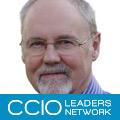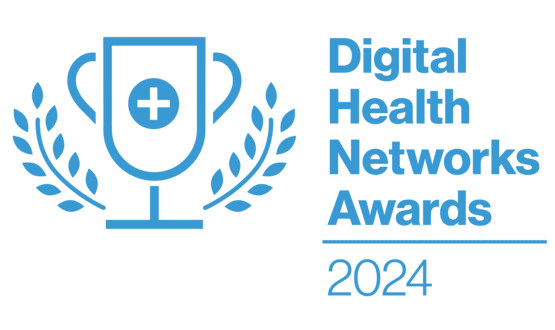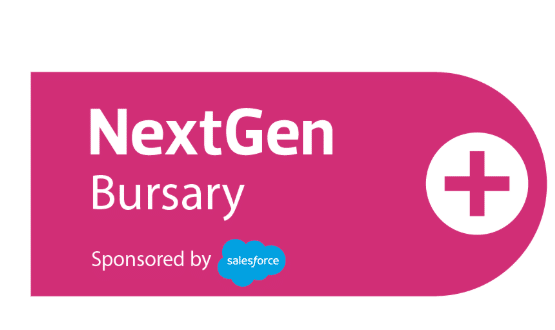Enter the CCG
- 4 April 2013

After a manic few months, the clinical commissioning group is finally on its way. The primary care trust is dead and now, for the first time in my entire career, the NHS is being run by its clinicians – and not just specialists, but GPs; the frontline troops of the NHS.
We frontline troops have one enormous advantage; we see every aspect of medicine and — more than any other group of clinicians — are likely to have a truly holistic view of patients’ needs.
That we are in charge is good for patients and good for the NHS – but it undoubtedly places an extra burden on primary care.
There is, of course, a sizeable cohort of GPs who think that the instigation of CCGs is a step backwards. Some of them are now leaving the NHS in desperation / protest / exhaustion / alarm.
It will be interesting to see how the mood in primary care changes over the next few months. My gut reaction is that many colleagues have yet to discover the enormous benefits that will come from running the NHS hands-on. But I may be wrong. Only time will tell.
Wikis and crowdsourcing
From the informatics point of view, the question I am asking myself is ‘how can I best harness these changes for the good of everyone, especially in a world of severe financial constraints?’
The money available for local NHS management has dropped precipitously. Although we might like to initiate some cutting-edge projects, if the management costs are too great, then clearly they are not going to happen.
So how can we make sure that our Extranet (our main source of information for practices, managers and staff within the CCG) contains what we all need?
Enter wikis and crowdsourcing. A wiki (for those who don’t know) is a website of knowledge gathered from the input of many disparate individuals.
Wikipedia is the best-known: a huge on-line encyclopaedia created and maintained by the combined effort of large numbers of volunteers, many with their own specialist knowledge to contribute.
The great advantage of wikis is that, like evolution, they tend to be self-correcting. Someone puts in an article: another finds mistakes in it, they correct it. Then a third person adds a correction to the correction… and so it goes on, rubbing off all the rough edges.
The result is a body of knowledge created by an expert, democratic, peer-reviewed process.
Wikis don’t rely on administrators or organisers with little personal specialist knowledge of the subject: alterations are made first hand, rather than going through a tortuous process of ‘design by committee’ in which messages get muddled and mistranscribed.
Crucially, because there is little infrastructure to maintain, the financial cost to the CCG of creating a wiki is nil, though it clearly takes up contributors’ time.
Crowdsourcing (again for those few who haven’t come across the word) is like a wiki, only in a more general form, and not limited to direct website input.
Wikis and crowdsourcing are cheap, bigger than any individual’s input, and, above all, accurate. So I intend to use these methods as often as possible.
Should we have an address book? I want it to be a wiki. Or a collection of local paper proformas? We’ll crowdsource it.
As a result, our Extranet will be self-built by the very people who are using it. When things are missing we will add them; when information is wrong or out of date, we will correct it.
And the glorious thing about this is that those parts of the Extranet which are used most frequently will be the ones which grow most quickly under the crowdsourcing approach.
The small print
How exactly are we going to execute this? Some areas of the Extranet will have a direct-build wiki feature, whose use will be obvious.
What about the other pages? Every Extranet page has a designated author, whose name is visible at the top of the page in the form of an email link. When a user spots a mistake, or realises that useful information is missing, they simply click on the page-author’s name and tell him or her directly.
Finally, there’s the celebrated ‘Big Red Button’, which I have written about before. This will allow healthcare workers to send messages directly to the central CCG, even if they don’t know which department or individual would normally deal with whatever issue they are raising.
The information sent will vary from major concerns, such as whistleblowing, to relatively minor (but still important) items such as the omission of a clinic from a local hospital’s Choose and Book directory of services.
The point — once again —is the wisdom of crowds. In the case of the BRB, the collective wisdom of healthcare workers within the CCG will be supplying a constant flow of information to the central CCG about things that need changing, looking into, policing, amending, polishing…
It will be like an audit cycle: find out what’st here; give the opportunity to question and change; review the output; and continue with the cycle.
As a result, I hope that in four months’ time we will have a growing, accurate, peer-reviewed resource containing a large proportion of the information that member practices and CCG staff need in order to do their jobs with maximum efficiency.
Let’s stop wasting time
And that’s the whole point. So much time is currently wasted in the NHS trying to find the right bit of information, the correct proforma, the appropriate contact, and so forth.
Crowdsourcing this information will refine this process, making it both quicker and more accurate. And that, in turn, will save time – both for the clinician and the central CCG.
It will also home in on what the frontline troops actually need because they will be designing and building it, rather than having it created for them by a third party. It’s the first-hand nature of crowdsourcing that makes it so utterly fit for purpose.


Dr John Lockley
Dr John Lockley is clinical lead for informatics at Bedfordshire Clinical Commissioning Group and a part-time GP.




